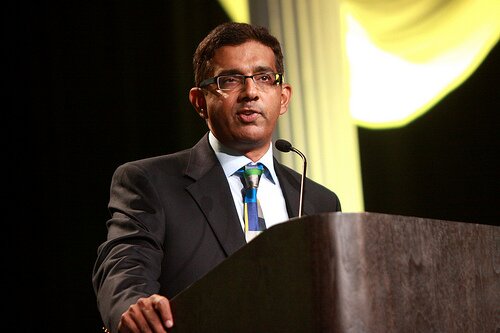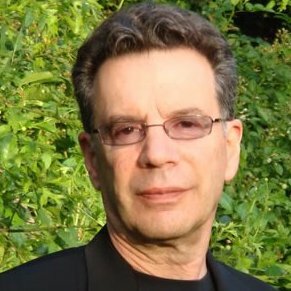Books have been transforming me, getting under my skin, ever since I read Charles Lindbergh’s The Spirit of St. Louis as a boy. Many books, and many years later, here are some that I currently enjoy.
1. Dean Koontz’s Frankenstein series
Some twenty years ago I was airlining home with another pilot who happened to be reading a Dean Koontz novel. I politely asked a few questions about the story and then explained that I read primarily history and politics. To myself, I added, “you’ll never find me reading this crap.”
Well, a decade later, the gods of storytelling punished me with not only falling in love with Koontz’s novels, but drove me to become a cheerleader for the writer, doomed to annoy family and friends with Koontz’s brilliant storytelling and town crier for the release of his next thriller.
Graced with a generous Christian heart and mind, Koontz loves people, and all of God’s creatures, especially dogs. Some of the stand-alone books to check out are The Taking, One Door Away from Heaven, and Watchers. In recent years he’s written series such as Odd Thomas, Frankenstein, and most recently, Jane Hawk.
Actually, if you’ve never read Koontz, or very little, I suggest his Frankenstein series. The monster’s story begins two centuries after his “birth,” living quietly in a Buddhist monastery. His murderous heart seeks redemption and he’s talking to another monk about the things of the world he misses: “I don’t miss much of that world. The sea. The sound of shore birds. A few friends. Cheez-Its.” His creator, who has much different appetites, is alive and well in modern-day New Orleans creating new monsters with very interesting skill sets.
2. William Peter Blatty: The Exorcist
If you want to watch an author skillfully weave Saint Augustine’s arguments on the nature of good and evil into a thrilling story of possession, then William Peter Blatty is your writer. I had avoided the movie version of the The Exorcist for years, affected by our keyboard player running to the Bible in fear, reading it nightly for solace.
When I finally sat down and watched it — fortifying myself by growing up and also reading the Bible — I enjoyed it, and was pleased that a popular movie spanning the decades wasn’t railing against the Catholic Church, but instead had shown the church’s commitment to stand face to face with evil.
However, I never thought of reading the book until Koontz recommended it for writers and readers alike. I was not disappointed. Here is part of Father Merrin’s response to the younger priest’s question on the entity possessing the young girl:
“For I think belief in God is not matter of reason at all; I think it finally is a matter of love: of accepting the possibility that God could ever love us… it is clear—at least to me—that the demon knows where to strike. Oh, yes, he knows. Long ago I despaired of ever loving my neighbor. Certain people … repelled me. And so how could I love them? I thought. It tormented me, Damien; it led me to despair of myself and from that, very soon, to despair of my God. My faith was shattered.”
3. Dinesh D’Souza: What’s So Great about Christianity
Dinesh D’Souza has often demonstrated the left’s violent history, as in his book The Big Lie, which shows southern democrats and progressives as slavery’s enablers and Jim Crow’s sponsors. This book details the left’s fascist history.
In the current book that I’m reading, What’s So Great about Christianity, D’Souza says that even in the world of science a virulent strain of atheism will go against reason, common sense and empirical data in order to develop a weak theory that closes the door on a Creator.
D’Souza makes the point that there are scientists who shy away from the Big Bang idea due to the God problem: Let there be light, or Let there be a Big Bang. Francis Crick of DNA fame, who liked the Big Bang theory, was worried that the complex machinery of the cell and the rapid appearance of life so quickly after the explosion needed an explanation. Crick sneaks past the God problem by saying that space aliens brought life to planet earth.
When D’ Souza isn’t beating up hayseed scientists and intellectuals, he makes a beautiful case for Judeo-Christianity being the heart of Western Civilization: the first culture to start a universal antislavery movement, creation of hospitals and universities, and church fathers like Saint Augustine who formed the idea from theological reasoning that time came into existence with the material universe. Modern- day physics has affirmed his discovery.
Perhaps someone will write a book called What’s So Great about Dinesh D’Souza.
*****
Editor’s Note: See the previous installments in this ongoing series:
Mark Ellis: 7 Book Pairs That Transformed My Life
David M. Swindle: 9 Authors With Books That Can Transform Your Life
And you are welcome to join in: send your list of books and authors who transformed you to [email protected]
Photo by Gage Skidmore 



Comments
Leave a Reply